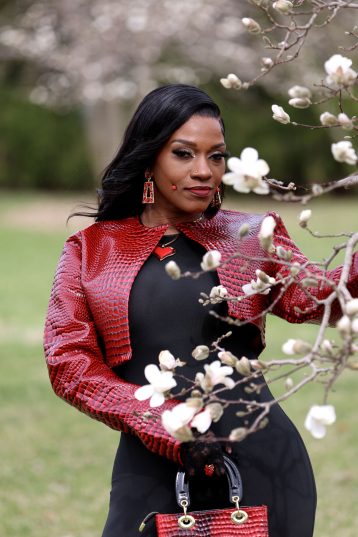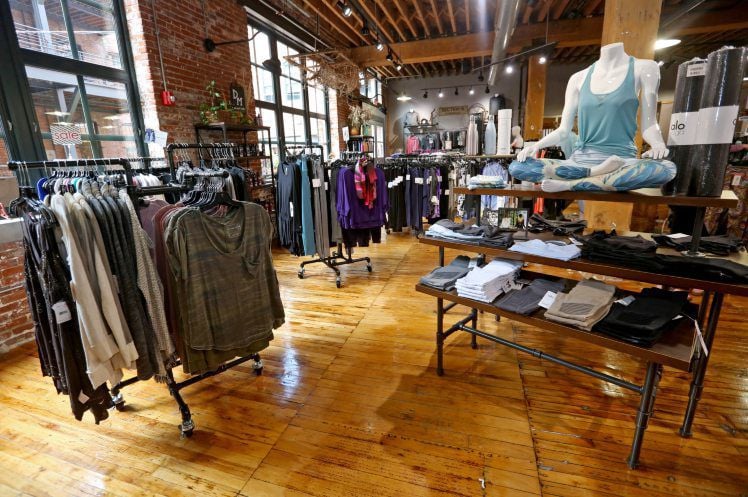NEW YORK — Victoria’s Secret, which once defined sexy with its leggy supermodels in their lacy bras and oversized angel wings, has a new owner.
Now, the big question is whether the once sought after but now struggling brand can be reinvented for a new generation of women demanding more comfortable styles.
The company’s owner, L Brands, said Thursday that the private-equity firm Sycamore Partners will buy 55% of Victoria’s Secret for about $525 million. The Columbus, Ohio, company will keep the remaining 45% stake. After the sale, L Brands will be left with its Bath & Body Works chain, and Victoria’s Secret will become a private company.
Les Wexner, 82, who founded the parent company in 1963, will step down as chairman and CEO after the transaction is completed and become chairman emeritus. Wexner has been grappling with his own troubles, including questions over his ties to the late financier Jeffrey Epstein, who was indicted on sex-trafficking charges.
The selling price for Victoria’s Secret signifies a marked decline for a brand with hundreds of stores that booked about $7 billion in revenue last year. Shares of L Brands slid more than 7% Thursday, though they recovered somewhat later in the day. Shares were down nearly 4%, or 88 cents, to close at $23.42.
In a statement, Wexner said the deal will provide the best path to restoring Victoria’s Secret’s businesses to their “historical levels of profitability and growth.’’
The deal will also allow the company to reduce debt and Sycamore will bring a “fresh perspective and greater focus to the business, ‘’ he said.
To successfully turn around Victoria’s Secret, Sycamore will need to change up the corporate culture, reinvent the fashions and redesign the stores to make them more contemporary, experts say. Sycamore manages a $10 billion portfolio including such struggling retailers as Belk, Hot Topic and Talbots.
The management team at Victoria’s Secret essentially was designing what men want, not what women want, said Neil Saunders, managing director of GlobalData Retail.
“The brand is very embedded in the past,” said Saunders. “It was always about men feeling good. It should be about making women feel good about themselves.”












